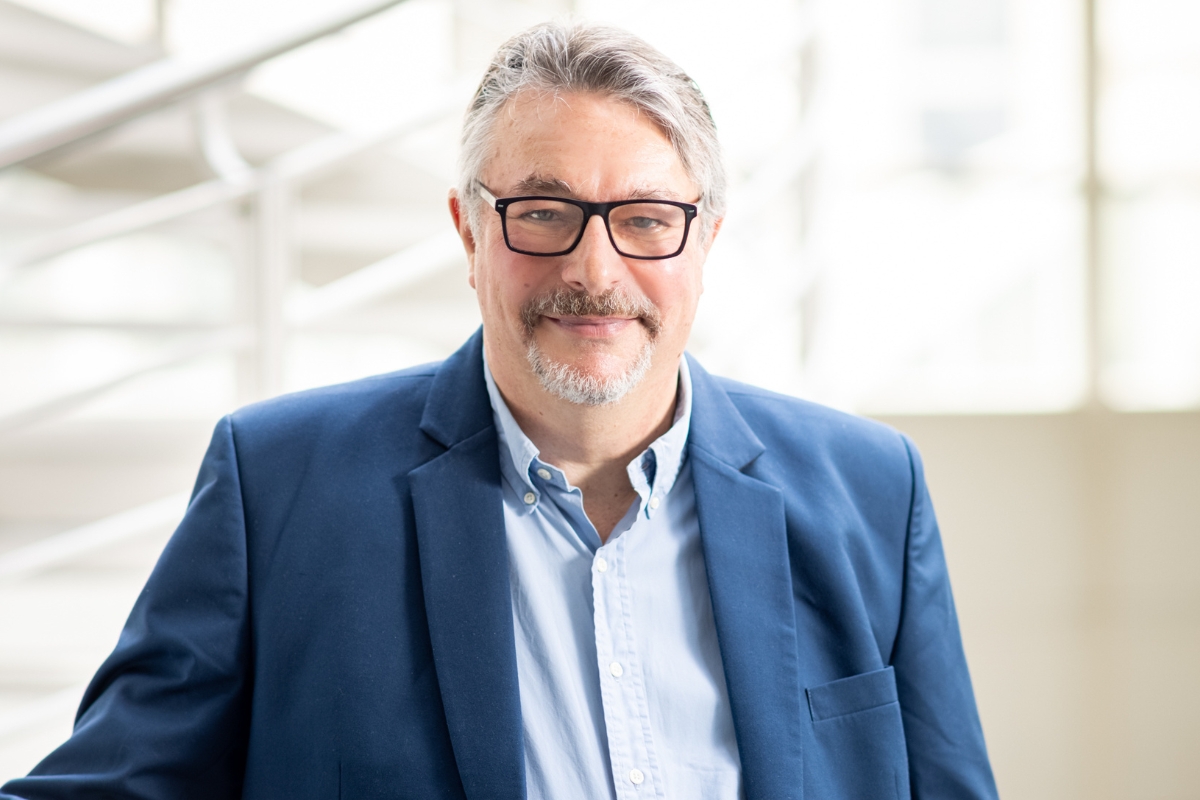The new Geneva EMBA cohort has taken off. Thirty professionals from the private sector, public administration, and international organizations make up a cosmopolitan class that reflects its time. With an average age of 35, they share a common aspiration: to understand a world in constant transformation and to find their place in it. Some aim for hierarchical progression, others seek above all the right mission — one aligned with their values and vision of the future. This rich coexistence of ideals and pragmatism generates a special kind of energy: the desire to broaden horizons, to debate, and to contribute — each in their own way — to the transformation of organizations and society.
Why pursue an EMBA? Because our world is constantly being reshaped. Geopolitical tensions, economic turbulence, technological advances, and climate emergencies challenge us both as professionals and as citizens.
For two centuries, each generation has had to reinvent itself in response to major upheavals: industrialization moved millions of workers into factories, electricity and oil transformed our economies, globalization reshaped our markets, and the consumer society changed our lifestyles. Today, artificial intelligence accelerates this change at an unprecedented pace. While the rhythm intensifies, the need remains the same: leaders and organizations must continually renew themselves. This is precisely what the Geneva EMBA offers — the intellectual and strategic tools to take part in this ongoing evolution.
Preparing to assume responsibility requires more than technical skills: it demands developing one’s self-leadership, broadening one’s vision, and sharpening one’s strategic sensitivity in order to make the best professional choices.
The EMBA’s Self and Responsible Leadership component fosters deeper self-knowledge and helps participants overcome glass ceilings or the fear of change. It combines personal grounding with the capacity for action, preparing leaders to evolve in a world profoundly transformed by artificial intelligence.
Architect-philosopher Paul Virilio offers a valuable analogy. He explained that “architecture is the sensitive testimony of time” and that “the city is a theatre — a collective space where a constant relationship unfolds between individuals and their environment.” For Virilio, the spaces we build become shared stages. Training leaders, then, also means designing and shaping those environments where individual choices carry collective consequences.
The Geneva EMBA thus prepares leaders capable of anticipating and guiding the major changes of our era. They cultivate both a strong personal foundation and a keen awareness of their role in this global theatre — a society undergoing accelerated transformation through technology. This blend of concrete idealism and pragmatism, to me, embodies true leadership.
The recent U.S. customs shock, unfavorable to Switzerland, has shown how quickly the external environment can shift. The Avenir Suisse report published last August is explicit: inaction is not an option. Targeted national reforms can mitigate negative effects, while diplomacy acts on the international stage. The recommendations — modernizing the labor market, reducing bureaucracy, accelerating digital infrastructure, attracting talent — are not ideological recipes but practical levers requiring leaders capable of steering rapid and responsible transitions.
Technology and ethics form another frontier. Artificial intelligence and digitization bring immense opportunities but also raise questions of data sovereignty, security, and social impact. Training leaders today means preparing them to use these tools while upholding principles. Major platforms wield great commercial power; the response cannot be limited to technical adaptation — it must include collective reflection on economic responsibility.
Over two years, we offer a comprehensive framework: strategic knowledge, practical simulations, peer exchange, and above all, a human laboratory. Diversity of backgrounds is a strength — it pushes each participant to question assumptions and enrich their judgment. Learning comes from professors, of course, but also from classmates; it is often through these exchanges that the most transformative ideas emerge.
I firmly believe in the ripple effect: professionals trained in ethics and leadership first transform their organizations, then their sectors, and sometimes society itself. If you are still hesitating, remember — education is not a luxury; it is a responsibility. Not only for your career, but for the way you act — in your company, your teams, your daily decisions.
Joining the Geneva EMBA means embracing that responsibility and investing in a path where competence and conscience go hand in hand.
With enthusiasm for this new academic year,
Jean-Yves Mercier
Executive Director




